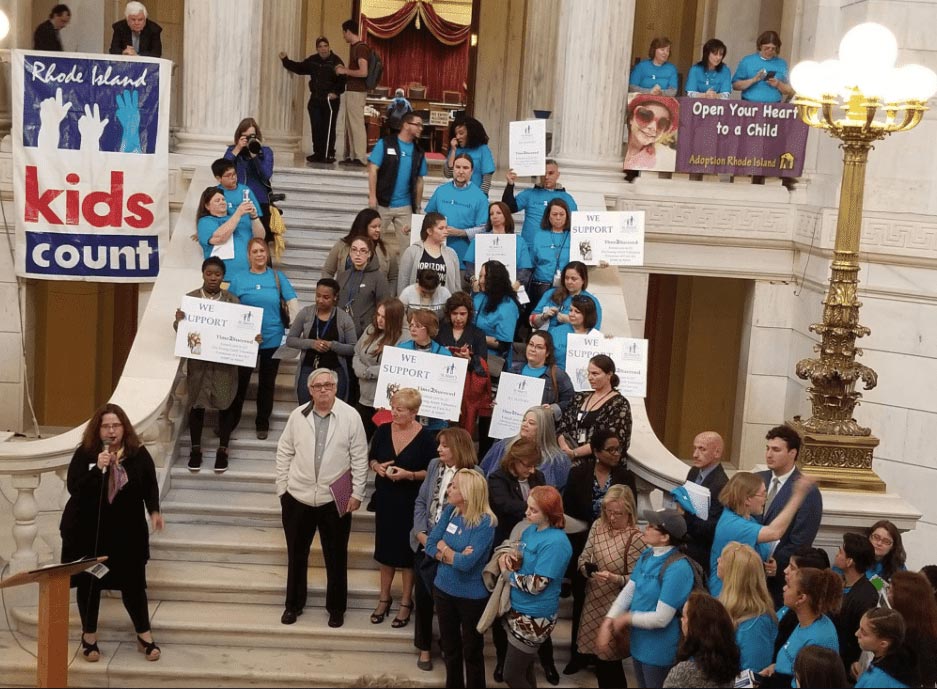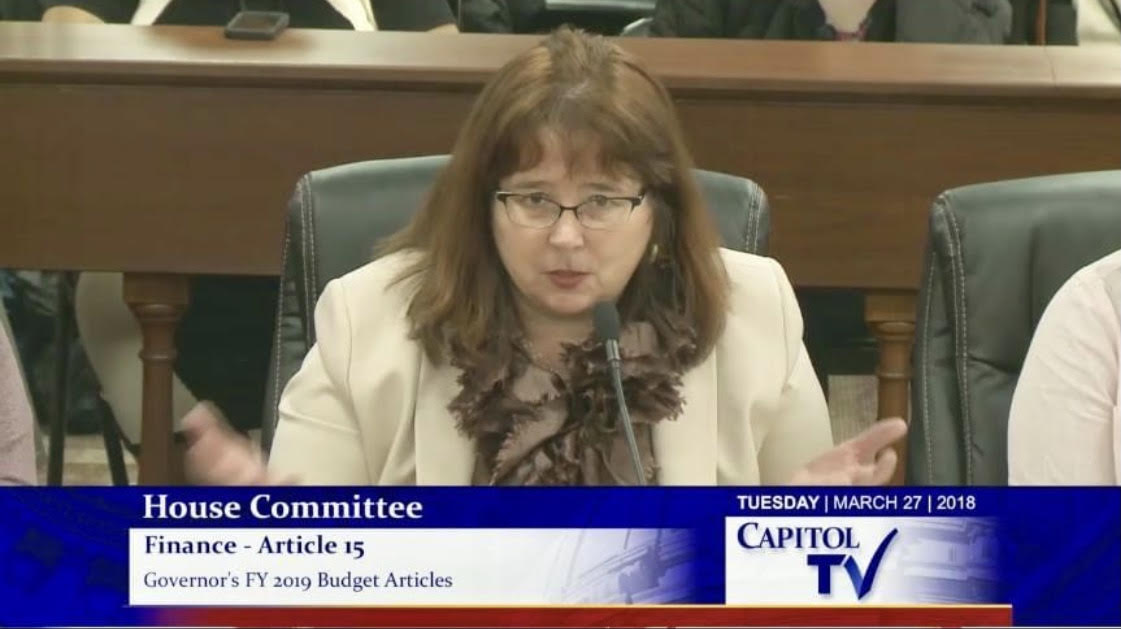Adoption Rhode Island has received several national awards for our work including: the Congressional Angel in Adoption Award and the Drenda Lakin Award for post adoption support services.
Adoption Rhode Island is an active member of the Board of Directors of Voice for Adoption. Our CEO sits on the Legislative Policy Committee of the Board. The Voice for Adoption. Voice for Adoption (VFA) develops and advocates for improved adoption policies, work with members of congress, policy makers, partner organizations, and agencies to encourage sound policies that are in the best interest of our nations waiting foster children.Examples of policy work of VFA



